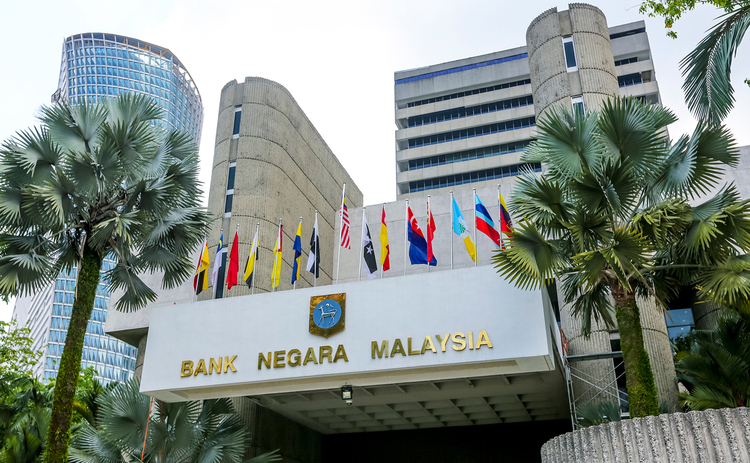Strengthening Islamic Banking Resilience: Diversifying Beyond Commodity-based Contracts
Islamic banking, with its unique principles and practices, continues to evolve to ensure resilience in the face of global supply shocks and volatility in commodity markets. Bank Negara Malaysia (BNM) highlights the need to diversify from commodity-based shariah contracts, particularly tawarruq, which is widely used in Islamic banking transactions. By reducing concentrations in tawarruq and exploring non-commodity-based contracts, the industry aims to strengthen its stability and mitigate risks associated with extreme price fluctuations.
Tawarruq transactions rely on various commodities like crude palm oil, plastic resin, metals, rubber, crude oil, and digital commodities. However, the inherent vulnerability to global commodity price volatility poses challenges. BNM acknowledges the disruption caused by extreme price fluctuations, such as the suspension of nickel trading in early 2022. In response, Islamic banks are actively seeking alternative commodities or exploring other Shariah contracts to ensure uninterrupted operations.
To this end, the Islamic banking industry has been growing alternative Shariah contracts, evident from the encouraging compound annual growth rate of 6.2% in non-commodity-based contracts over the past three years. Various product innovations are being implemented across Islamic banks, demonstrating their commitment to diversification. For instance, diminishing partnership (musharakah mutanaqisah) is adopted to facilitate financing for completed and under-construction properties. Investment account products based on agency contracts (wakalah) and profit and loss sharing contracts (mudarabah) are gaining traction as alternatives to tawarruq-based deposits.
Furthermore, BNM highlights ongoing efforts to explore the use of wakalah as the preferred Shariah contract for interbank placements between Islamic banks. These initiatives aim to reduce reliance on tawarruq and strengthen the industry’s resilience in the face of commodity market vulnerabilities.
Through the expansion of non-commodity-based Shariah contracts and the exploration of innovative products, the Islamic banking industry is proactively managing the transmission of vulnerabilities associated with tawarruq. By diversifying funding sources and reducing concentration risks, Islamic banks aim to enhance their stability, promote sustainable growth, and navigate challenges posed by global commodity market dynamics.
Read more about the article here: https://www.sinardaily.my/article/193188/malaysia/national/islamic-banking-industry-seeks-to-grow-alternatives-to-commodity-based-shariah-contract—bnm



